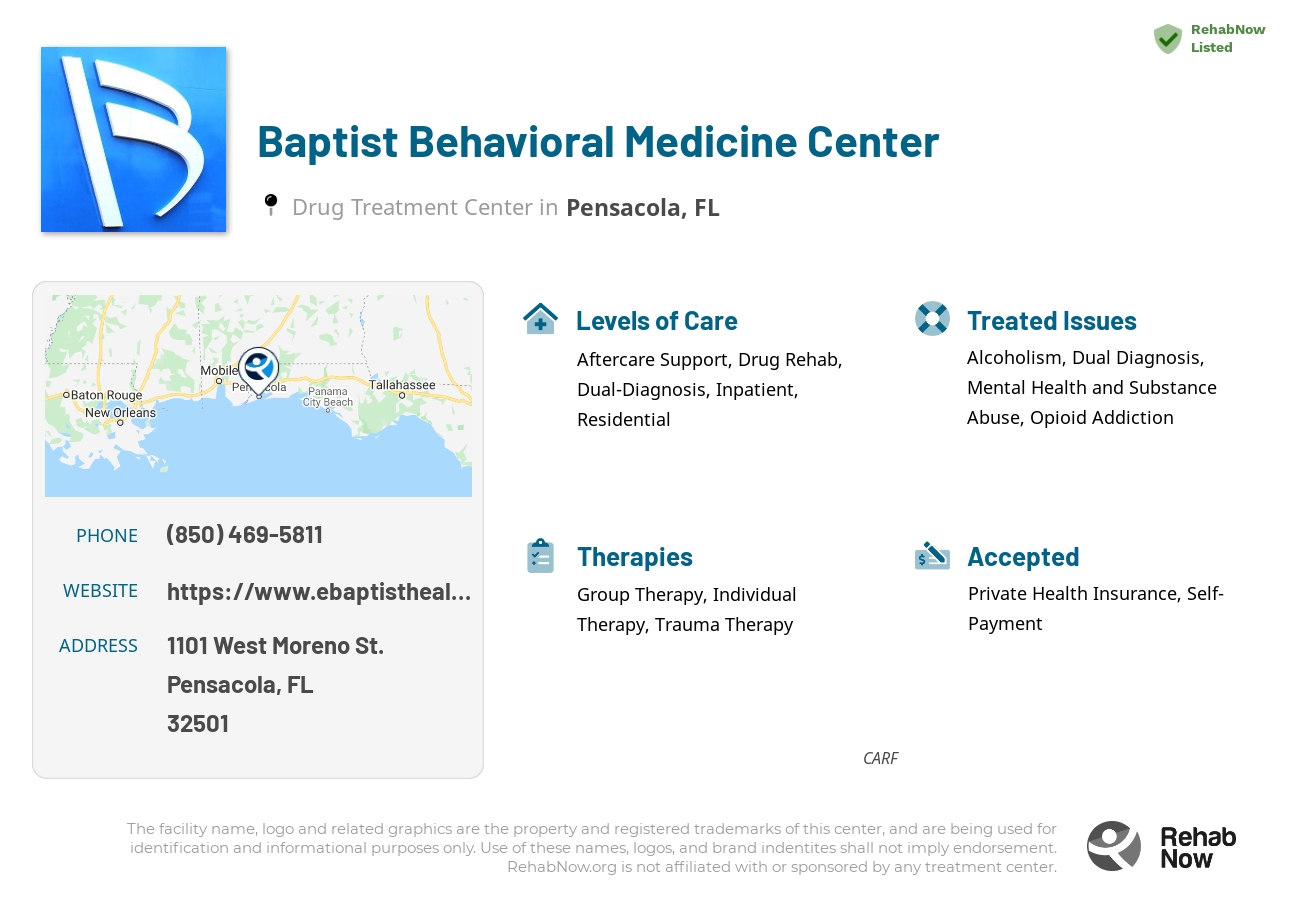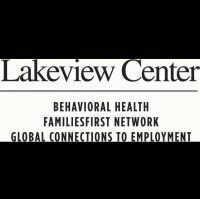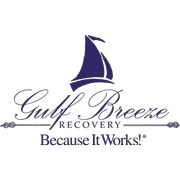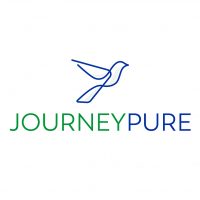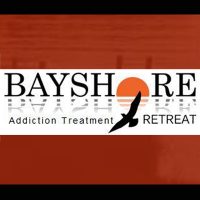Baptist Behavioral Medicine Center
Drug Rehab Center in Pensacola, Florida
Baptist Behavioral Medicine Center is a CARF-accredited, 90-bed addiction treatment facility in Pensacola, Florida that provides comprehensive care including aftercare support, drug rehab, dual diagnosis treatment, inpatient and residential programs, and accepts private health insurance.
About Baptist Behavioral Medicine Center in Florida
Baptist Behavioral Medicine Center is a well-established treatment facility located in Pensacola, Florida. With its CARF accreditation, the center has gained recognition for its high standards of care and commitment to providing effective treatment for individuals struggling with alcoholism, dual diagnosis, opioid addiction, and drug addiction. As a 90 bed facility, Baptist Behavioral Medicine Center offers a range of comprehensive services to cater to the diverse needs of patients, including aftercare support, drug rehab, dual-diagnosis treatment, and inpatient and residential levels of care.
At Baptist Behavioral Medicine Center, individuals battling addiction and substance abuse can find the help they need. The facility specializes in treating conditions such as alcoholism, dual diagnosis, opioid addiction, and drug addiction. Through their evidence-based practices and personalized treatment plans, they aim to support patients in their recovery journey. Services offered include a variety of therapeutic approaches, counseling, medication management, and support for individuals transitioning from inpatient to outpatient care. With a focus on long-term success, Baptist Behavioral Medicine Center also provides aftercare support to help patients maintain sobriety beyond their treatment program.
Genders
Ages
Modality
Additional
Accreditations

CARF
The Commission on Accreditation of Rehabilitation Facilities (CARF) is a non-profit organization that specifically accredits rehab organizations. Founded in 1966, CARF's, mission is to help service providers like rehab facilities maintain high standards of care.
Conditions and Issues Treated
Treatment for opioid addiction is best made with the help of medical professionals who are experienced in dealing with these types of drugs. This treatment can involve medications, exercise, behavioral therapy, and counseling sessions. It is important to note that the effectiveness of treatments for opioid addiction vary, so it is vital to research which treatment options are suitable for each individual.
Many people who struggle with opioid addiction need to attend specific programs like methadone , Suboxone or Vivitrol clinics.
These types of programs will provide the patient with legal, prescription medications that can help them overcome their cravings for illegal opioids like heroin or fentanyl . If the patient has a chronic condition like Hepatitis C, they must undergo treatment before they can begin taking these medications.
Individuals who are addicted to drugs and/or alcohol often have one or more co-occurring mental health disorders. Addressing both the addiction and the mental health problems at facilities like Baptist Behavioral Medicine Center can be very beneficial for these individuals.
Common mental health conditions that often co-occur with addiction include:
- Anxiety Disorders – People with drug and alcohol problems often suffer from anxiety disorders such as panic disorder, obsessive-compulsive disorder, social anxiety disorder, and generalized anxiety disorder.
- Depression – One of the most common mental illnesses co-occurring with addiction is major depressive disorder.
- Attention-deficit hyperactivity disorder (ADHD) – Many people with drug and alcohol problems also suffer from ADHD.
- Bipolar Disorder – People with bipolar disorder are more likely to suffer from drug and alcohol problems than the general population, and vice versa.
Levels of Care Offered
This center offers a variety of custom treatment tailored to individual recovery. Currently available are Aftercare Support, Drug Rehab, Dual-Diagnosis, Inpatient, Residential, with additional therapies available as listed below.
Inpatient recovery offers individual therapy, groups, and family therapy. The length of inpatient addiction treatment depends on the addict and their addiction. Inpatient rehab is a costly drug treatment, costing anywhere from $30k- to $60k. However, insurance often offers help in covering these costs.
Residential treatment programs are those that offer housing and meals in addition to substance abuse treatment. Rehab facilities that offer residential treatment allow patients to focus solely on recovery, in an environment totally separate from their lives. Some rehab centers specialize in short-term residential treatment (a few days to a week or two), while others solely provide treatment on a long-term basis (several weeks to months). Some offer both, and tailor treatment to the patient’s individual requirements.
Aftercare support is vital to those who have completed a drug or alcohol treatment program. This support comes in individual and family counseling, treatment of psychiatric and other medical conditions, and medications to reduce cravings. It helps recovering addicts adjust to normal day-to-day activities and can last for a year or longer.
The majority of drug and alcohol addicts who receive aftercare treatment do not relapse. It is estimated that without aftercare, the relapse rate will be between 70 to 90 percent for most people. Aftercare is the final stage in addiction recovery, but it will also help maintain sobriety if relapse does occur.
Therapies & Programs
Individual therapy is ideal for addicts who want to focus on themselves. It can also be helpful for those whose withdrawal symptoms are exacerbated by the presence of other people.
Benefits of individual therapy are:
- Access to a personalized treatment plan that focuses on the individual needs of the addict
- More privacy during treatment sessions
- Better personal development through introspection
- Increased self-awareness regarding addictive tendencies in order to avoid relapse
- Greater potential for a long-term recovery plan
- Receiving professional advice and detox assistance from medical staff
This is when a group of people in various stages of recovery meet up and discuss their experiences, triggers, successes, failures, and even alternative therapies! Unlike support groups where everyone already knows each other, group therapy is conducted along side outpatient or inpatient treatment at Baptist Behavioral Medicine Center.
Trauma therapy is a clinical process that helps individuals deal with mental stress often caused by traumatic events. The therapist helps the person identify, understand and work through the problem. This is done with the help of talking about it in group or one-on-one counseling sessions.
Therapists use relaxation, role-playing, art, and music to help the person open up about what is bothering them. Some examples include:
- Talking about the traumatic event and how it affected them.
- Helping those who have PTSD to deal with their nightmares and recurring memories.
- Working with individuals to resolve the issues triggering the stress, whether seeing someone who reminds them of what happened or feeling helpless.
The individual is also encouraged to help others that are struggling with similar problems. This often helps them feel empowered and gives them hope.
Trauma therapy is not for everyone; it is usually reserved for people who have recently experienced a traumatic event and struggle to get over it. It is generally done for children, teenage victims of sexual assault, and war veterans.
Payment Options Accepted
For specific insurance or payment methods please contact us.
Is your insurance accepted?
Ask an expert, call (888) 674-0062
Baptist Behavioral Medicine Center Associated Centers
Discover treatment facilities under the same provider.
No items foundLearn More About Baptist Behavioral Medicine Center Centers
Additional Details
Specifics, location, and helpful extra information.
Pensacola, Florida 32501 Phone Number(850) 469-5811 Meta DetailsUpdated November 25, 2023
Staff Verified
Baptist Behavioral Medicine Center Patient Reviews
There are no reviews yet. Be the first one to write one.
Pensacola, Florida Addiction Information
Florida is one of the nation's epicenters for substance abuse and drug-related overdoses. In 2014, around 410,000 Florida residents were addicted to drugs and alcohol. Over the last 10 years, 12% of all deaths in the state were attributed to substance abuse. Treatment admissions for alcohol reached 24,329 patients in 2016, and 2.5% of Florida high school students admitted to using crack cocaine.
In Pensacola, FL, marijuana is the most commonly abused drug, followed by illicit prescription drugs. There were 967 overdose deaths with cocaine as the primary substance involved in Pensacola, Florida in 2014. 7.8% of Pensacola, FL residents met the criteria for illicit drug dependence or abuse in 2014. Treatment options are available in Pensacola including inpatient rehab centers or outpatient rehab centers, 12 step programs, and other treatment modalities.
Treatment in Nearby Cities
- Miami Beach, FL (538.9 mi.)
- Lake City, FL (274.7 mi.)
- Panama City Beach, FL (87.0 mi.)
- Intercession City, FL (376.2 mi.)
- Apalachicola, FL (143.1 mi.)
Centers near Baptist Behavioral Medicine Center
The facility name, logo and brand are the property and registered trademarks of Baptist Behavioral Medicine Center, and are being used for identification and informational purposes only. Use of these names, logos and brands shall not imply endorsement. RehabNow.org is not affiliated with or sponsored by Baptist Behavioral Medicine Center.



